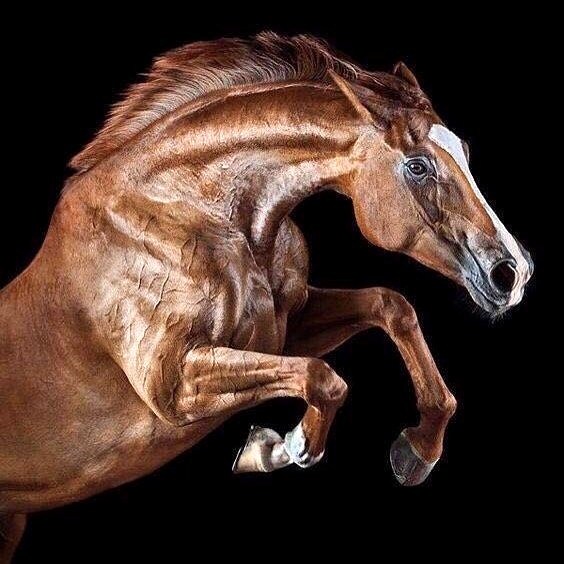When it comes to raising and breeding horses, the old adage “You get what you pay for” is certainly true. But what exactly makes a horse worth a certain amount of money? In this article, we’ll take a look at the factors that lead to the valuation of a horse and why a certain horse may be worth more than others.
Factors that Influence a Horse’s Value
The value of a horse is based on a few key factors, which include its bloodlines, performance record, physical conformation, age, and training.
Bloodlines
Bloodlines are important in determining a horse’s value, as they can determine the horse’s ability to perform at a high level. A horse’s bloodlines reflect the quality of its ancestors, including the breed and any show or racing success. Horses from prestigious bloodlines tend to be worth more, as these horses are more likely to have the desired traits and abilities that buyers are looking for.
Performance Record
A horse’s performance record is also an important factor when it comes to its value. Horses that have been successful in competition tend to be worth more than those that have not. A horse’s performance record also reflects its ability to handle different types of terrain and disciplines.
Physical Conformation
The physical conformation of a horse is another factor that can influence its value. Horses with good conformation tend to be worth more than those with poor conformation. This is because horses with good conformation are more likely to be physically sound and to have fewer health issues.
Age
The age of a horse is also a factor when it comes to its value. Generally speaking, younger horses tend to be worth more than older horses, as they are more likely to be less experienced and are more likely to improve with training.
Training
The level of training a horse has received can also affect its value. Horses that have been well-trained are often worth more than those that have not. This is because horses that have been well-trained are more likely to be able to perform at a higher level and to be better behaved.
Other Factors
In addition to the factors mentioned above, there are a few other factors that can influence a horse’s value. These include the horse’s color, size, and gender. Generally speaking, horses that are more attractive tend to be worth more than those that are less attractive.
Conclusion
When it comes to the valuation of a horse, there are a number of factors that can influence its value. These include bloodlines, performance record, physical conformation, age, and training. All of these factors contribute to the overall value of a horse and can help to determine why certain horses may be worth more than others.

